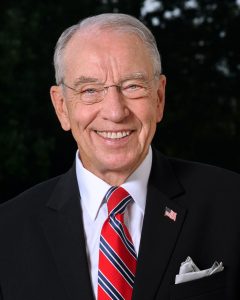 Grateful but disappointed is how the National Biodiesel Board (NBB) describes the industry feeling after the two-year budget deal passed by Congress last week included a retroactive extension of the biodiesel tax credit for 2017, but not 2018.
Grateful but disappointed is how the National Biodiesel Board (NBB) describes the industry feeling after the two-year budget deal passed by Congress last week included a retroactive extension of the biodiesel tax credit for 2017, but not 2018.
“The industry is grateful to our champions for their tireless efforts to ensure that all of our members’ transactions in 2017 will be properly covered by a retroactive extension of the blenders credit,” said Kurt Kovarik, NBB vice president of federal affairs. “Candidly, we are disappointed that some of the negotiators prevented the extension from covering 2018, as well.”
Iowa Biodiesel Board executive director Grant Kimberly says the fact that it was not extended into 2018 still leaves the industry in limbo. “These businesses are in the same precarious situation of having to roll the dice with their business decisions, betting on whether it will come back for 2018. We are disappointed in this.”
Iowa Renewable Fuels Association executive director Monte Shaw was more blunt in his assessment. “(T)his is the most ridiculous outcome I’ve ever seen. We will continue to work for a quick extension for 2018 and ultimately a common-sense long-term extension.”










